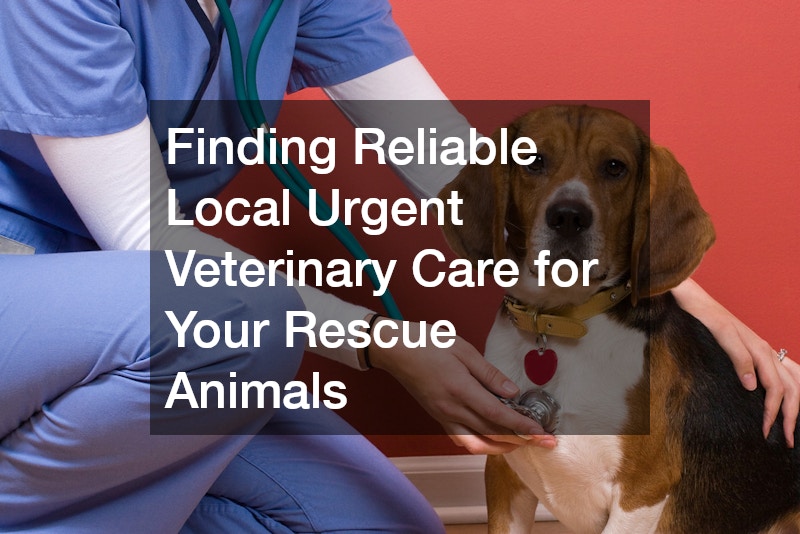- Grooming your pet regularly is essential for their overall health and well-being.
- Reading ingredient labels carefully when choosing pet food can ensure a balanced and nutritious diet.
- Choosing the right type of food and portion size is essential for maintaining your pet’s ideal weight and avoiding health issues.
- Exercise keeps pets physically fit and mentally stimulated, so provide opportunities for your pet to stay active.
- Regular vet visits prevent disease and ensure your pet’s long-term health.
As a pet owner, you want your pet to live a long and healthy life, which means taking good care of them. While ensuring your pet stays healthy can seem daunting, it doesn’t have to be!
With a little effort and attention, you can keep your pet happy, healthy, and thriving for years. This blog post will offer some easy, practical tips for keeping your pet healthy so you can enjoy plenty of fun-filled years with your furry friend!
Groom Your Pet
Pet grooming is an essential part of your pet’s overall health. A well-groomed pet looks and feels better, and grooming protects your pet’s skin and coat from problems such as matting and hotspots. Long-haired pets require grooming more frequently, while pets with shorter fur need head-to-toe brushing at least once a week.
Depending on your pet’s breed and coat type, you may also need to schedule professional grooming appointments. Regular grooming can avoid skin irritations and infections caused by matted hair or build-up of dirt.
Choose Quality Food
One of the best ways to keep your pet healthy is by feeding them a nutritious diet that meets all their needs. However, with so many different types of pet food on the market, knowing where to start or what to look for can be challenging. To help you provide quality food for your pet, here’s a list of four essential tips you should remember.
Read Ingredient Labels Carefully
Reading the ingredient labels on your pet’s food is essential to ensure it contains the proper nutrients and vitamins. Look for pet foods that list high-quality protein sources, such as chicken, beef, or fish, as their first ingredient. Avoid pet foods that contain vague ingredient names, such as “meat,” “animal by-products,” or “meat meal,” as they can be hard to verify or track their nutritional value.
Choose the Right Type of Food

Several types of pet foods are available on the market, including dry food, wet food, and semi-moist food. Each type of food has advantages and disadvantages, and choosing the right one can depend on your pet’s age, breed, and health needs. For instance, wet food is an excellent option for pets with dental problems, while dry food is ideal for maintaining healthy teeth and gums.
Determine the Optimal Portion Size
Feeding your pet the right portion size is vital for maintaining their ideal weight and avoiding obesity-related health conditions. Follow the feeding recommendations on the product label and adjust the portion size based on your pet’s age, breed, and activity level.
Avoid Table Scraps and Human Food
While sharing table scraps and human food with your pet can be tempting, it can harm their health. Many human foods are toxic to pets, while table scraps can be high in salt, fat, and sugar, leading to obesity and other health problems. Instead, opt for healthy pet treats, such as fruits and vegetables, to give your pet a special treat without compromising their health.
Exercise Your Pet

Just like humans, pets need exercise to stay healthy and fit! Regular exercise keeps a pet’s muscles strong and builds their endurance while keeping them at a healthy weight. Whether you have a dog, cat, or small animal, encourage them to play more around the house.
You can even invest in specially designed dog treadmills or interactive feeders to stimulate your pet’s mind and body healthily. For energetic dogs, you can take them for regular walks or runs or even organize playdates with other pets in the park.
Regular Vet Visits
Regular vet visits are the best way to prevent disease and keep your pet healthy. Annual checkups and vaccines are essential preventative measures, drastically reducing the likelihood of serious illnesses or allergic reactions.
A veterinarian can also check your pet’s teeth, perform heartworm tests, and other crucial preventative healthcare services that help keep your pet healthy for years. Listen to your vet’s recommendations and follow their advice. It may save your pet’s life in the long run!
Wrapping Up
Keeping your pet healthy and happy is the key, providing a nutritious diet, plenty of exercise, and regular vet checkups. With regular care, your furry friend can thrive for a long time, giving you endless joy, companionship, and great company throughout your lifetime.




